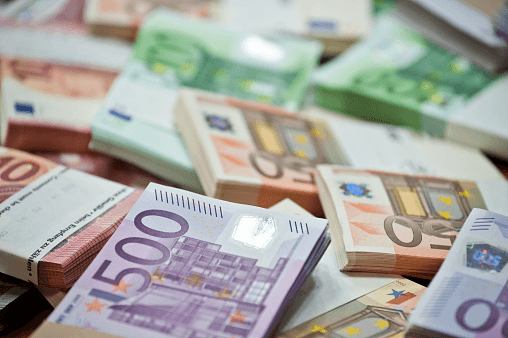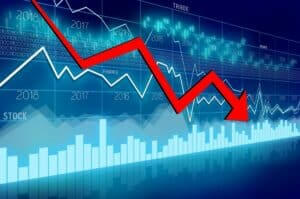After touching its lowest since early March on Wednesday, the euro rose 0.12% to $1.09050 at 0835 GMT, ahead of the meeting. The ECB should hint at its coming policy amid record-high inflation and a war-related recession.
Antje Praefcke, the FX analyst at Commerzbank (ETR: CBKG), expressed that the market would abstain from a strong preference for the euro over the dollar until there is more transparency on the critical rate be raised in the fourth quarter.
The dollar index gauges the dollar against six peers; it was down 0.1% at 99.702 after touching its most elevated of 100.520 since May 2020 on Wednesday. The DXY received support from a surge in Treasury yields.
But the benchmark 10-year Treasury yield rally paused after climbing to a December-2018 high, as inflation data this week, while high, was not as bad as some had feared.
The battered yen had some slumber, slightly recovering from a 20-year low hit against the dollar.
Central Banks Reinforcing the Global Sentiment
A Reuters poll found that more than three-quarters of Japanese firms state the yen has declined to be detrimental to their business.
The Swedish crown traded 0.4% higher to 9.4380 after rushing to an eight-day high against the dollar as inflation data came in stronger than expected, bolstering expectations for a Riksbank’s rate hike sooner rather than later.
In February, the bank had displayed that it planned to hold rates at 0% until 2024, which many now said is unrealistic.
Other central banks have supported the hawkish global sentiment by tightening monetary policy.
The Bank of Korea shocked markets with a rate hike. At the same time, the Monetary Authority of Singapore also tightened policy; this sent the Singapore dollar to its highest after February.
On Wednesday, the Bank of Canada and Reserve Bank of New Zealand increased rates by 50 basis points; the most significant hike in around 20 years. [FRX/]











